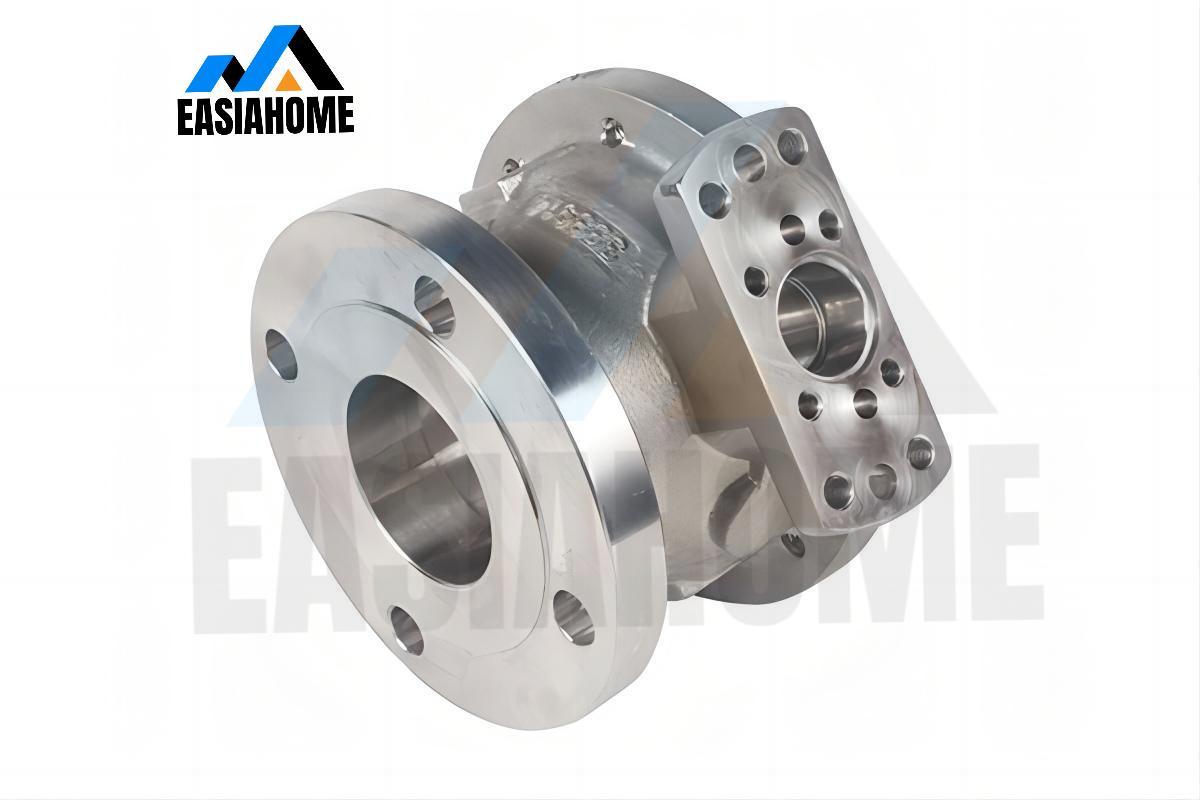Fasteners are available in a variety of materials, each with its own properties and suitability for different applications. The choice of fastener material depends on factors such as strength requirements, corrosion resistance, temperature resistance, and cost considerations. Here are some common materials used for fasteners:
-
Steel: Steel is one of the most widely used materials for fasteners. It offers good strength and durability, making it suitable for a wide range of applications. Different grades of steel, such as carbon steel and alloy steel, are available, each with varying levels of strength and hardness.
-
Stainless Steel: Stainless steel fasteners are known for their excellent corrosion resistance. They are resistant to rust and can withstand exposure to moisture, chemicals, and environmental elements. Stainless steel is commonly used in applications where corrosion resistance is critical, such as in marine environments or food processing industries.
-
Brass: Brass is a corrosion-resistant alloy composed of copper and zinc. Brass fasteners are known for their attractive appearance, excellent conductivity, and resistance to corrosion. They are often used in electrical and plumbing applications, as well as in decorative fixtures.
-
Aluminum: Aluminum fasteners are lightweight and have good corrosion resistance. They are commonly used in applications where weight is a concern, such as in aerospace or automotive industries. However, aluminum is not as strong as steel, so it may not be suitable for high-stress applications.
-
Titanium: Titanium fasteners are lightweight, strong, and corrosion-resistant. They offer excellent strength-to-weight ratio and are commonly used in aerospace, automotive, and medical industries where high strength and corrosion resistance are required.
-
Nylon: Nylon fasteners are lightweight, non-conductive, and resistant to chemicals and corrosion. They are often used in applications where electrical insulation is needed, or where non-magnetic or non-metallic properties are desired.
-
Zinc Plated: Zinc-plated fasteners have a layer of zinc coating applied to the surface. This coating provides corrosion resistance and extends the life of the fastener. Zinc-plated fasteners are commonly used in general-purpose applications.
-
Galvanized: Galvanized fasteners are coated with a layer of zinc to provide corrosion resistance. They are commonly used in outdoor or exposed environments where resistance to rust and weathering is required.
-
Other materials: Other materials used for fasteners include bronze, copper, plastic, and specialty alloys. These materials are chosen for specific applications where their unique properties, such as conductivity, non-magnetic properties, or chemical resistance, are advantageous.
It's important to select the appropriate material for fasteners based on the specific application requirements, including environmental conditions, load-bearing capacity, and compatibility with other materials in the assembly. Consulting with fastener manufacturers or suppliers can help in determining the most suitable material for your specific needs.

